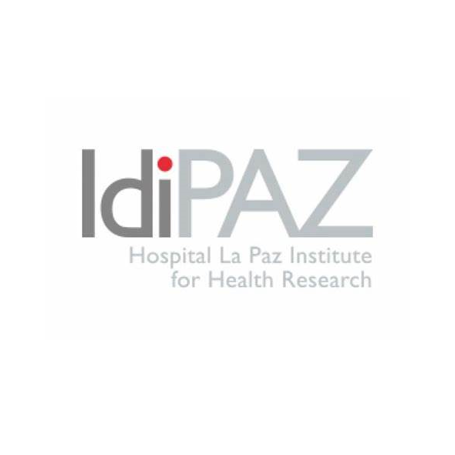Eosinophilic granulomatosis with polyangiitis(EGPA) is a rare and complex immune-mediated inflammatory disease. It can cause significant damage to multiple organs, including lungs, upper airway, skin, heart, gastrointestinal tract, and nerves. Without proper treatment, EPGA may be fatal, underscoring the critical need for early and accurate diagnosis.
Unique Characteristics of EGPA
While EGPA is a form of antineutrophil cytoplasm antibody (ANCA)-associated vasculitis (AAV), it stands apart due to its combination of vasculitis and eosinophilic features. These distinctive aspects demand specialised, targeted therapies that differ from treatments for other AVV conditions.
Patients with EGPA face significant hurdles:
- Delayed diagnosis: due to its rarity and heterogeneous presentation, EGPA often goes unrecognised for years. The average form initial symptoms to diagnosis is approximately 9 years.
- Diagnostic complexity: a lack of specific criteria and reliable biomarkers makes it difficult for healthcare professionals to differentiate EGPA from other similar conditions. This leads to multiple referrals, misdiagnoses, and inappropriate treatments.
- Increased morbidity: Delays in accurate diagnosis and treatment contribute to avoidable complications and reduces quality of life.
















